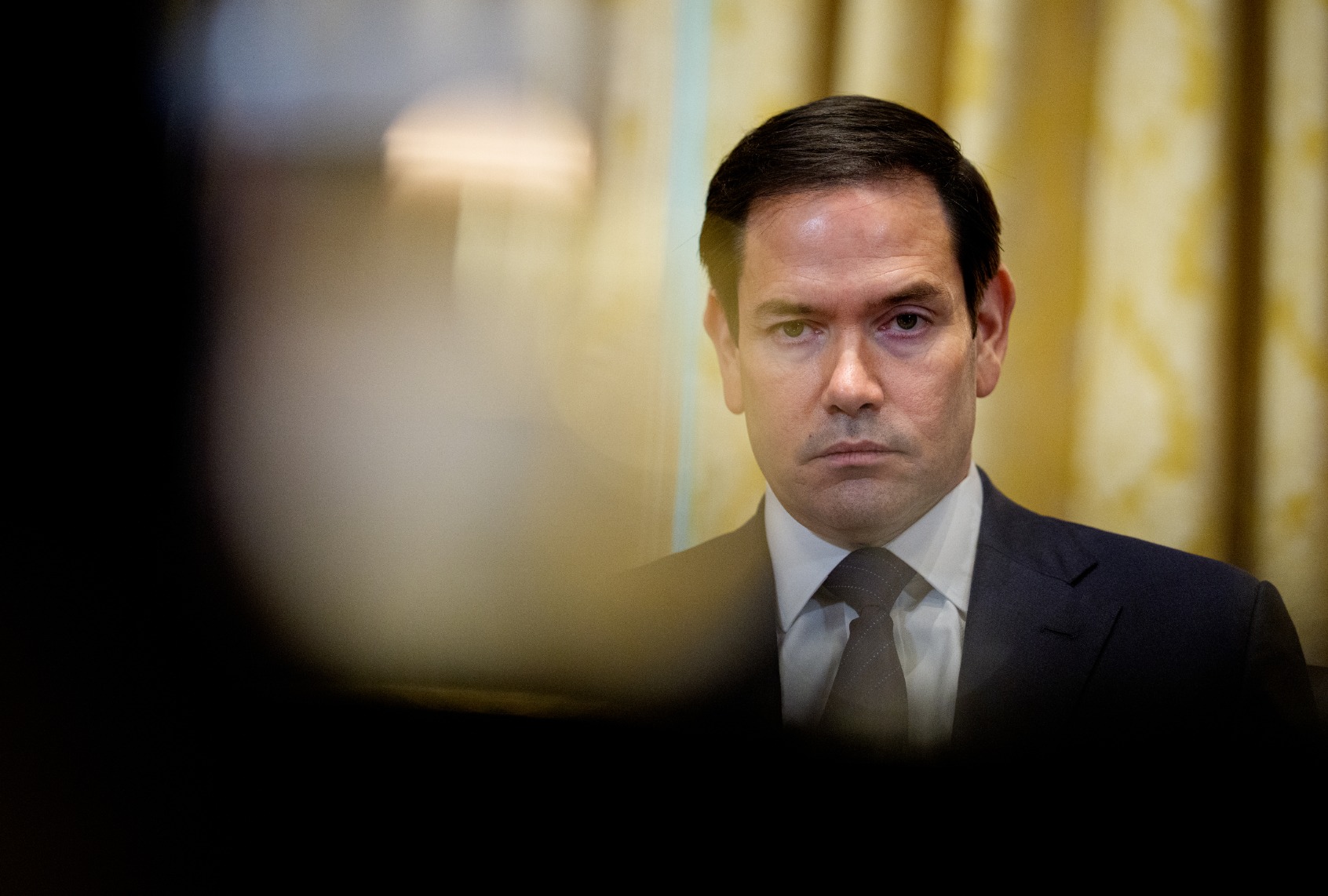UPDATE: In a dramatic shift, Field Marshal Asim Munir of Pakistan is tightening his grip on power as the United States seeks closer ties with Islamabad. This move comes at a critical time when relations between the U.S. and India are cooling. Just last Thursday, Pakistan’s parliament passed a sweeping constitutional amendment granting Munir lifetime immunity from arrest and prosecution, further entrenching military influence over the political landscape.
This development raises urgent concerns about Pakistan’s ongoing support for Islamic terrorism. Reports suggest that after India’s recent military operation, Operation Sindoor, which targeted terror bases in Pakistan, Islamabad has been actively aiding groups like Jaish-e-Mohammed in rebuilding their capabilities. Eyewitness accounts indicate that these groups are now relocating to Khyber Pakhtunkhwa, where they hold public rallies under police protection.
Amidst these tensions, the U.S. has ramped up its engagement with Munir, who has made two visits to the White House in recent months. American officials recently invited him to attend the retirement ceremony for former Central Command Chief, General Michael E. Kurilla. This renewed focus on Pakistan comes even as evidence mounts of its military’s continuing support for extremist groups.
The implications of this shift are profound. Experts warn that a fully militarized Pakistan under Munir could exacerbate regional instability and undermine counterterrorism efforts. In a chilling reminder of this threat, Indian authorities linked a November 10 car-bomb explosion near Delhi’s Red Fort, which killed 13 people, to a Jaish-e-Mohammed terror module.
As Pakistan’s strategic influence wanes, its historical reliance on the Taliban as a controllable proxy has crumbled. The Taliban’s recent actions, including airstrikes on October 9 targeting their own former allies, indicate a significant shift in power dynamics that could further isolate Pakistan.
In a stark contrast, India is emerging as a dominant power in South Asia. The world’s largest democracy is on track to become a technological superpower by 2035. As India strengthens its influence through economic growth and diplomatic engagement, Pakistan’s retreat into authoritarianism could lead to internal fragmentation and increased resistance from ethnic groups.
The current trajectory raises urgent questions about the United States’ strategy in the region. Should Washington prioritize its relationship with a militarily powerful yet increasingly isolated Pakistan at the expense of its ties with India? Observers argue that this would be a critical misstep, undermining U.S. interests and regional stability.
Next Steps: As the situation evolves, international stakeholders must closely monitor developments in Islamabad and its implications for counterterrorism efforts and regional security. With tensions escalating, the world waits to see how this precarious balance will unfold.







